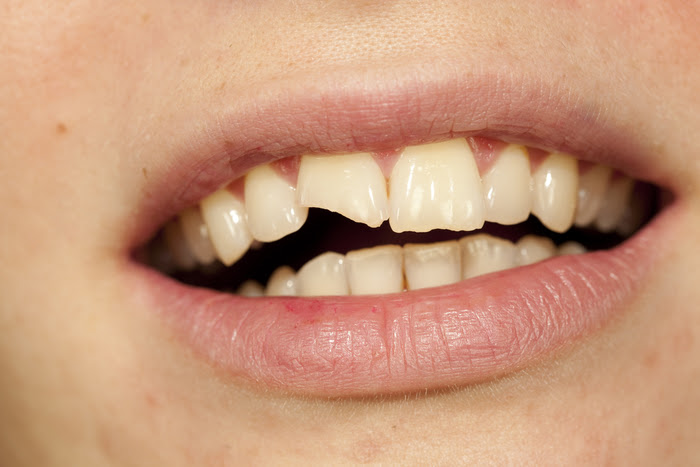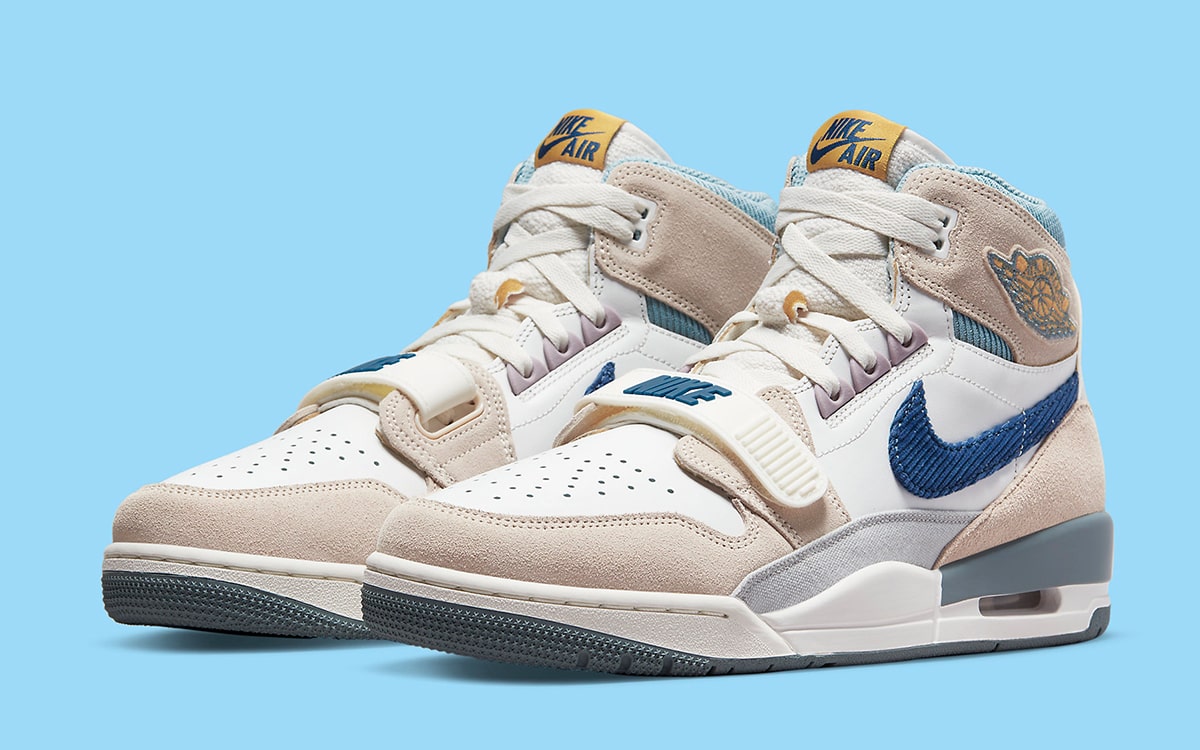A cracked tooth is a common dental problem that occurs when a tooth develops a fissure or a fracture.
This can be caused by a variety of factors, including physical trauma, tooth decay, or simply the natural wear and tear that occurs over time..
Root canal treatment is often needed to relieve pain and save a cracked tooth from having to be taken out. Some cracks can’t be stopped, but others are caused by how you use your mouth.
In this article, we will explore the causes of cracked teeth and offer some tips on how to prevent them
Causes of Cracked Teeth
If you break a tooth, you might notice right away, but sometimes a patient won’t realize they have a cracked tooth until days or even weeks later, when they start to feel pain in their teeth. Some of the most common reasons why teeth crack are as follows:
Bruxism
Bruxism is a term that is used to describe the grinding of teeth as well as the clenching of the jaw.
Patients may be unaware that they have these habits because bruxism frequently happens when they are sleeping.
The teeth are subjected to an excessive amount of force, making them more likely to break as a result of bruxism.
Dental Restorations
A tooth that has had a dental restoration may also be more prone to fracture after the procedure.
A tooth’s integrity can be jeopardized and it can become weaker if a large dental filling is used.
In these kinds of situations, a tooth might break on its own, or it might be more likely to break as a result of bruxism, eating tough foods, or other types of dental trauma.
Food
Cracked teeth are also often caused by chewing or biting on things that are hard or rough.
Sometimes, a small pebble or other hard object can be hidden in food, and a person may bite into it by mistake. This is often very painful.
It’s important to know that you can also break a tooth by biting or chewing on things like fingernails, ice, or pens. This is an important thing to remember.
Dental Trauma
A tooth injury could be caused by a fall, an accident, getting hit in the mouth, or getting hurt while playing sports.
If you play sports, you should definitely wear a mouthguard to keep your teeth and gums from getting hurt.
Temperature Changes & Acidic Drinks/Foods
Changes in temperature can sometimes cause fractures or cracks in your teeth. When you eat or drink things that are high in acid, your teeth’s enamel can wear away over time.
This type of process is called “erosion.” Once the enamel wears away, you’ll be able to see the dentin, which is the part of your tooth beneath the enamel. Due to the fact that it is softer than enamel, dentin is more likely to break.
Cavities and Tooth Decay
One of the most common things that can cause teeth to break is having cavities. When hole forms in a tooth, the tooth becomes weaker, which makes it more likely that the tooth will break.
Plaque, which is a layer of germs that builds up on teeth and sticks to them, is the cause of cavities.
Plaque makes acids, which eat away at the enamel of your teeth and cause tooth caries, which are also called cavities.
Sports Injuries
People can chip their teeth in many different ways, and some are more common than others. One of the most common ways is when someone gets hurt while playing sports.
When you play sports, you run the risk of getting a hard hit to the mouth, which can crack your teeth. If this happens, you should go to the hospital right away.
Poor Oral Hygiene
Even though teeth were made to last a lifetime, they can still get hurt in many different ways.
Cracked teeth are one of the most common dental problems, and there are many different things that can cause this to happen. One of the most common things that lead to broken teeth is not taking care of your teeth properly.
If you don’t brush and floss your teeth regularly, the plaque and tartar that build up on your teeth will start to wear away the enamel over time.
This can make your teeth more likely to break or crack than they would be otherwise.
To keep your teeth healthy and safe from damage, you must brush them twice a day and use dental floss once a day.
How to prevent cracked tooth
A cracked tooth is a common dental problem that can cause discomfort, pain, and even tooth loss if left untreated.
Fortunately, there are steps you can take to prevent a cracked tooth from occurring.
Below are some of the most effective ways to keep your teeth healthy and avoid the risk of cracking.
- Practice good oral hygiene
One of the most important things you can do to prevent a cracked tooth is to practice good oral hygiene.
Brush your teeth at least twice a day and floss once a day to remove food particles and bacteria that can weaken your teeth. This will help keep your teeth strong and healthy and reduce the risk of cracks.
- Wear a mouthguard
Wearing a mouthguard can help protect your teeth from damage caused by impact and pressure. This is especially important if you grind your teeth while you sleep or take part in contact sports.
When you grind your teeth, you run the risk of developing TMJ disorders and other dental and oral health issues, as well as breaking teeth and sustaining other dental injuries. A mouthguard can help lessen these risks.
- Avoid hard or chewy foods
Eating hard or chewy foods can put a lot of pressure on your teeth and increase the risk of cracks.
Try to avoid foods that are hard to chew, such as hard candy, ice, and popcorn kernels.
If you must eat these foods, try to break them down into smaller pieces or avoid biting down on them with your front teeth.
- Don’t use your teeth as tools
Using your teeth to open packages or bite off tags can cause serious damage to your teeth.
This can lead to cracks, chips, and other dental problems. Instead, use scissors, a knife, or other tools to open packages and cut tags.
- Get regular dental check-ups
Regular dental check-ups can help identify dental problems before they become serious. Your dentist can check for signs of tooth decay, gum disease, and other issues that can weaken your teeth and increase the risk of cracks.
They can also offer advice on how to maintain good oral hygiene and prevent dental problems in the future.
- Consider dental restorations
If you have weakened teeth or a history of dental problems, your dentist may recommend dental restorations such as dental crowns or fillings.
These restorations can help strengthen your teeth and reduce the risk of cracking or other damage.
- Address teeth grinding
If you grind your teeth at night or during the day, this can put a lot of pressure on your teeth and increase the risk of cracks.
Your dentist may recommend a night guard or other treatment to help address teeth grinding and reduce the risk of dental damage.
- Avoid extreme temperatures
Exposure to extreme temperatures can cause your teeth to expand or contract, which can weaken them and increase the risk of cracks.
Avoid drinking hot or cold beverages too quickly and try to avoid extreme temperature changes in your environment.
- Maintain a healthy diet
Eating a healthy diet that is rich in vitamins and minerals can help keep your teeth strong and healthy.
Avoid sugary and acidic foods and drinks that can weaken your teeth and lead to dental problems.
- Address oral health issues promptly
If you notice any dental problems or concerns, it’s important to address them promptly to prevent further damage.
See your dentist if you experience tooth pain, sensitivity, or any other dental issues.
Final words
By following these tips, you can help prevent a cracked tooth and maintain good oral health. Remember to practice good oral hygiene, wear a mouthguard if needed, avoid hard or chewy foods, don’t use your teeth as tools, and get regular dental check-ups. If you do experience a fractured tooth, see your dentist promptly for cracked tooth treatment.





